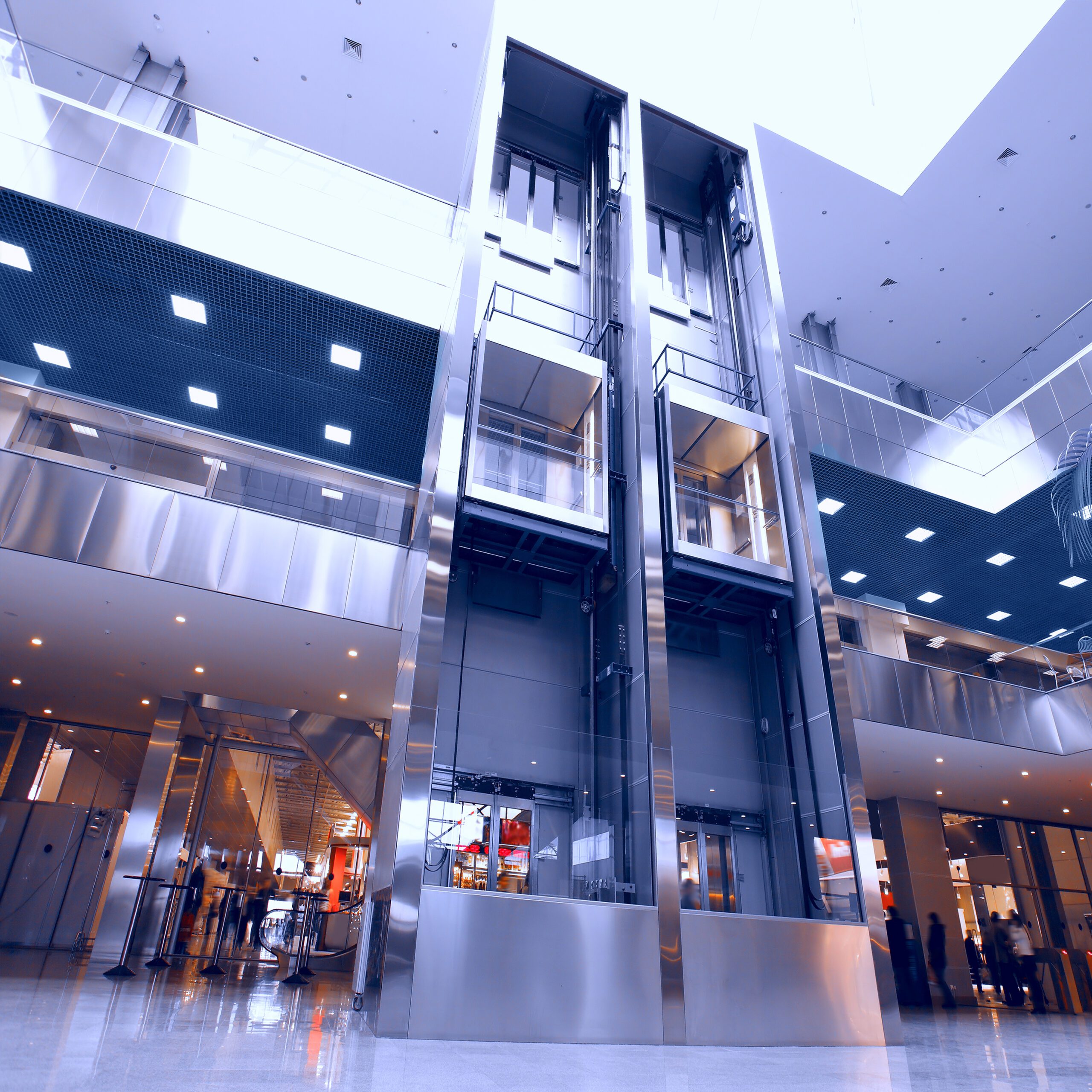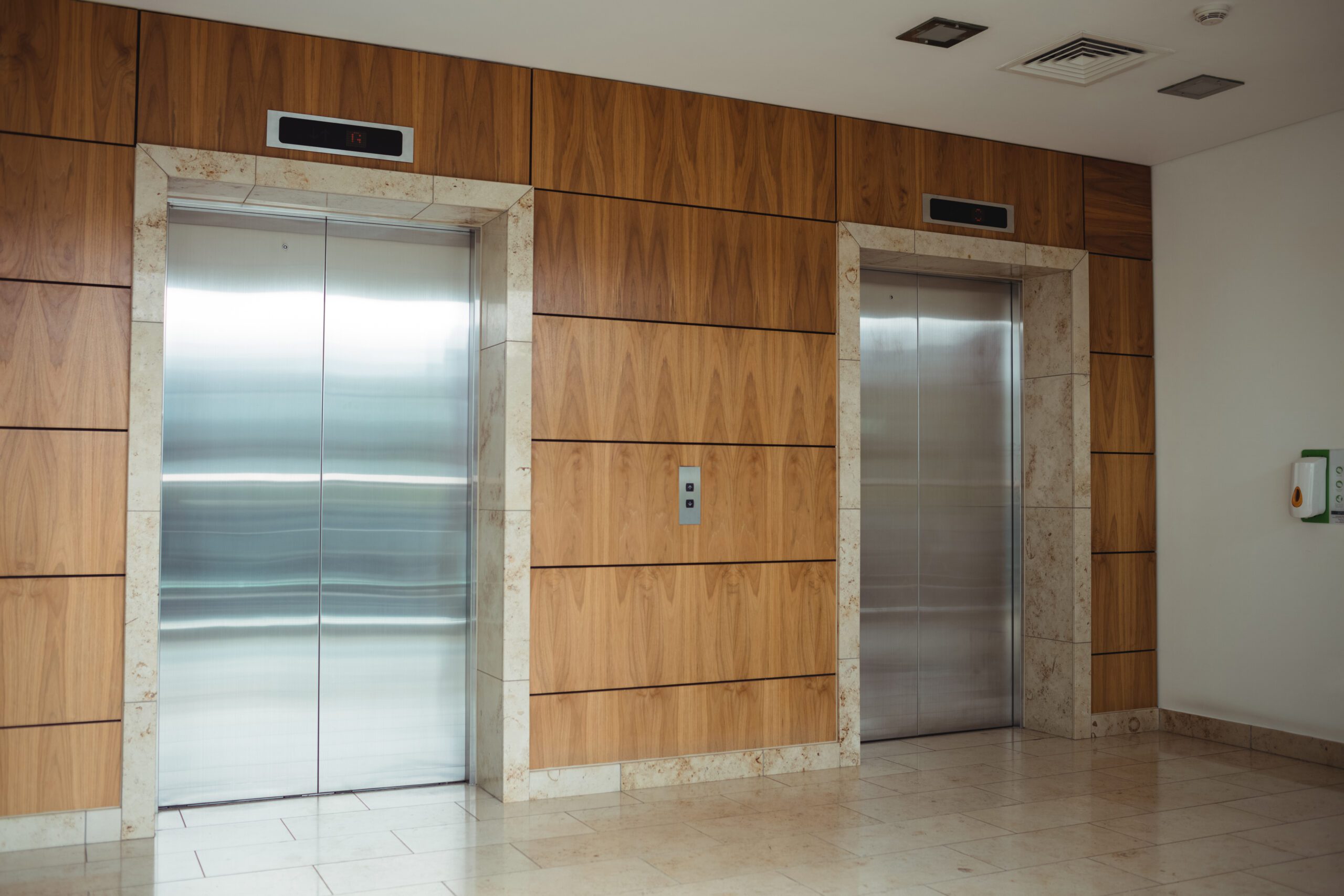Elevators play a crucial role in modern buildings, providing seamless vertical transportation for both residential and commercial spaces. Among the various elevator types available, hydraulic elevators stand out for their efficiency, reliability, and versatility. Whether in homes, offices, malls, or healthcare facilities, hydraulic elevators offer a practical and cost-effective solution for vertical mobility. In this blog, we explore the key benefits of hydraulic elevators and why they are an excellent choice for residential and commercial buildings.
1. Space-Efficient and Flexible Installation
One of the biggest advantages of hydraulic elevators is their flexible installation requirements. Unlike traction elevators, hydraulic elevators do not require an overhead machine room. Instead, the hydraulic pump and reservoir can be placed in a small machine room adjacent to the elevator shaft. This makes them ideal for buildings with limited space or those looking to maximize available areas without compromising functionality.
For residential buildings, this means homeowners can install an elevator without major structural modifications. In commercial settings, property owners can optimize floor space while still providing reliable transportation for employees and visitors.
2. Cost-Effective Solution
Hydraulic elevators are known for their affordability compared to other elevator types. The installation process is typically simpler, requiring fewer structural changes and less complex equipment, leading to lower upfront costs. Additionally, maintenance costs are relatively low due to fewer moving parts and a durable hydraulic system.
For commercial spaces, this means businesses can invest in vertical mobility without a significant financial burden. Homeowners also benefit from a cost-effective elevator solution that enhances accessibility without exceeding their budget.
3. Smooth and Quiet Operation
Hydraulic elevators provide a smooth and quiet ride, making them an excellent choice for both residential and commercial use. The hydraulic system ensures gradual acceleration and deceleration, reducing sudden jolts or jerks during operation. This is particularly beneficial for residential homes, where noise levels need to be minimal to maintain a peaceful environment.
In commercial settings such as offices or hotels, the quiet operation of hydraulic elevators ensures that guests, employees, and visitors can move between floors comfortably without excessive noise disrupting their experience.
4. High Load Capacity for Heavy-Duty Use
Hydraulic elevators are designed to handle heavy loads efficiently, making them an ideal choice for commercial buildings that require frequent transportation of goods or multiple passengers. These elevators use a hydraulic piston mechanism, which provides strong lifting power without putting excessive strain on the system.
In residential buildings, hydraulic elevators can easily accommodate wheelchairs, stretchers, or large household items like furniture, making them a practical solution for accessibility and convenience. For commercial spaces such as warehouses, malls, and hospitals, their high load capacity ensures smooth operations for transporting goods and heavy equipment.
5. Enhanced Safety and Emergency Backup Systems
Safety is a top priority when it comes to elevators, and hydraulic elevators are built with multiple safety features. One key advantage is that hydraulic elevators use a direct lifting mechanism rather than relying on cables, reducing the risk of sudden falls. In case of power failure, a hydraulic elevator can be lowered to the nearest floor using a controlled valve, ensuring the safe evacuation of passengers.
For residential users, this adds peace of mind, knowing that family members can travel safely between floors. In commercial spaces, the reliability of emergency lowering systems ensures that businesses remain compliant with safety regulations while prioritizing user security.
6. Energy Efficiency and Environmental Benefits
Hydraulic elevators have become more energy-efficient with modern advancements in technology. Newer systems use eco-friendly hydraulic fluids and energy-saving pumps that consume less electricity during operation. Additionally, some models feature regenerative drives that recover energy during descent, further improving efficiency.
For residential buildings, this means lower electricity costs and reduced environmental impact. In commercial settings, property owners can benefit from sustainability initiatives while reducing long-term operational expenses.
Conclusion
Hydraulic elevators offer numerous benefits for both residential and commercial spaces, from cost-effectiveness and space efficiency to high load capacity and enhanced safety. Whether you are a homeowner looking for a reliable mobility solution or a business owner seeking a durable and efficient elevator system, hydraulic elevators provide an excellent choice.
At Stanley Elevator, we specialize in designing, installing, and maintaining high-quality hydraulic elevators tailored to your specific needs. Contact us today to explore the best solutions for your space and experience the benefits of modern hydraulic elevator technology.



